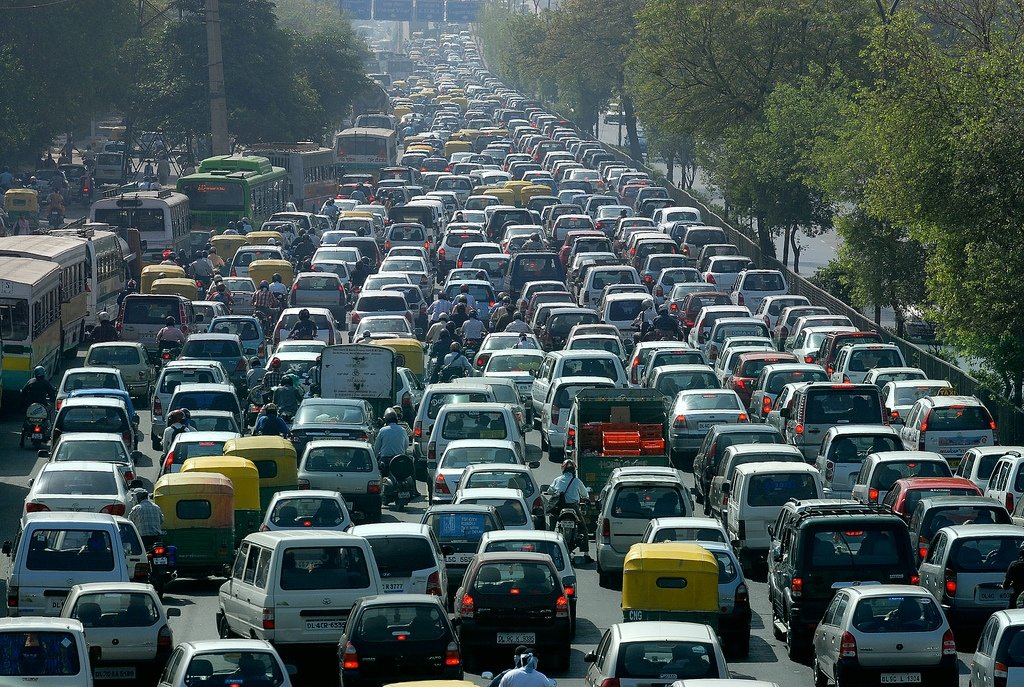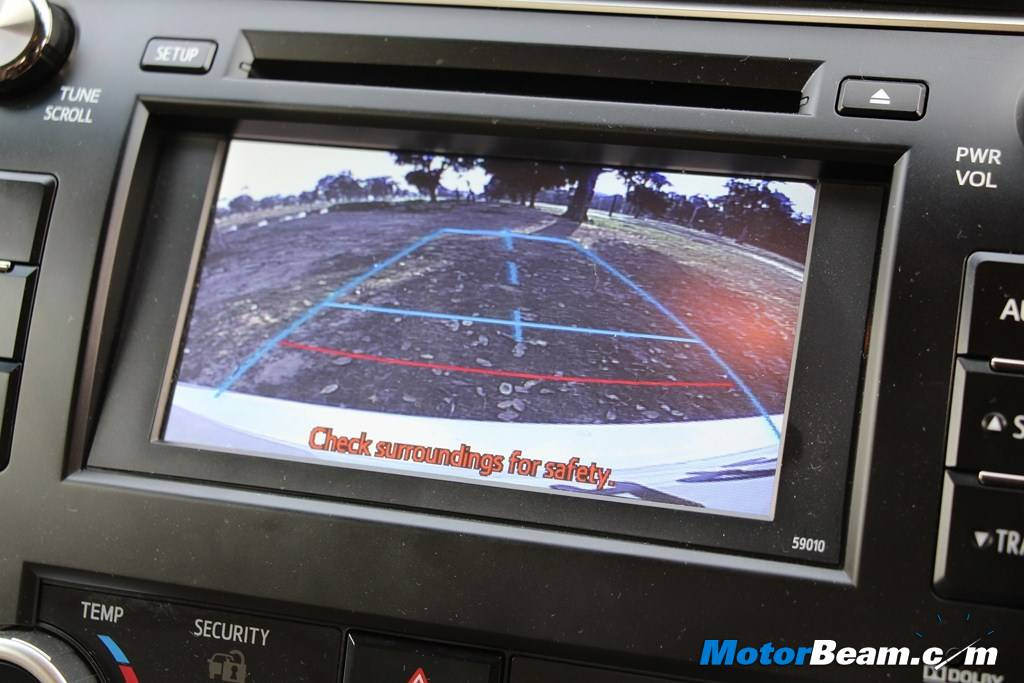
Automated system to identify vehicles without valid PUC at fuel stations
Vehicular pollution remains a huge concern in urban areas across India, prompting authorities to explore innovative solutions to mitigate its impact. In line with these efforts, Pune is reportedly considering the implementation of a robust automated system aimed at enforcing compliance with pollution control measures.
According to recent reports, authorities in Pune are exploring the introduction of an automated system designed to identify vehicles lacking a valid PUC certificate. The proposed system, if implemented, could potentially impose a hefty fine of Rs. 10,000/- on vehicle owners found without the necessary documentation.
PUC certificates play a crucial role in ensuring that vehicles adhere to prescribed emission standards, contributing to efforts aimed at fostering cleaner air quality. These certificates assess a vehicle’s exhaust emissions, measuring pollutants such as carbon monoxide and hydrocarbons.
The envisioned system would involve upgrading petrol pumps across Pune with sophisticated automated cameras capable of scanning vehicle registration numbers. These cameras would then cross-reference the registration details with a central database to verify the PUC status of each vehicle.
If a vehicle is found to be operating without a valid PUC certificate, drivers could face instant fines directly transmitted to their registered mobile phones. However, to allow for a reasonable period of compliance, it is suggested that a brief grace period may be provided before fines are finalised. This grace period would offer drivers an opportunity to renew their PUC certificates and avoid penalties.
It is important to note that while discussions regarding the implementation of this system are underway, official confirmation from authorities is awaited. The timeline for the potential rollout of this initiative remains uncertain.
The proposed measures reflect a concerted effort by local authorities to address the challenge of vehicular pollution in Pune. By leveraging technological advancements and imposing stricter enforcement measures, policymakers aim to promote greater compliance with pollution control regulations and ultimately contribute to improving air quality in the region.
However, it is essential to consider various perspectives and potential challenges associated with the implementation of such measures. Effective implementation of the automated system would require adequate infrastructure and resources, along with comprehensive public awareness campaigns to educate drivers about the importance of adhering to pollution control measures.
As discussions progress, stakeholders will continue to evaluate the feasibility and potential impact of the proposed system, ensuring that efforts to tackle vehicular pollution are balanced with considerations for practicality and equity.





